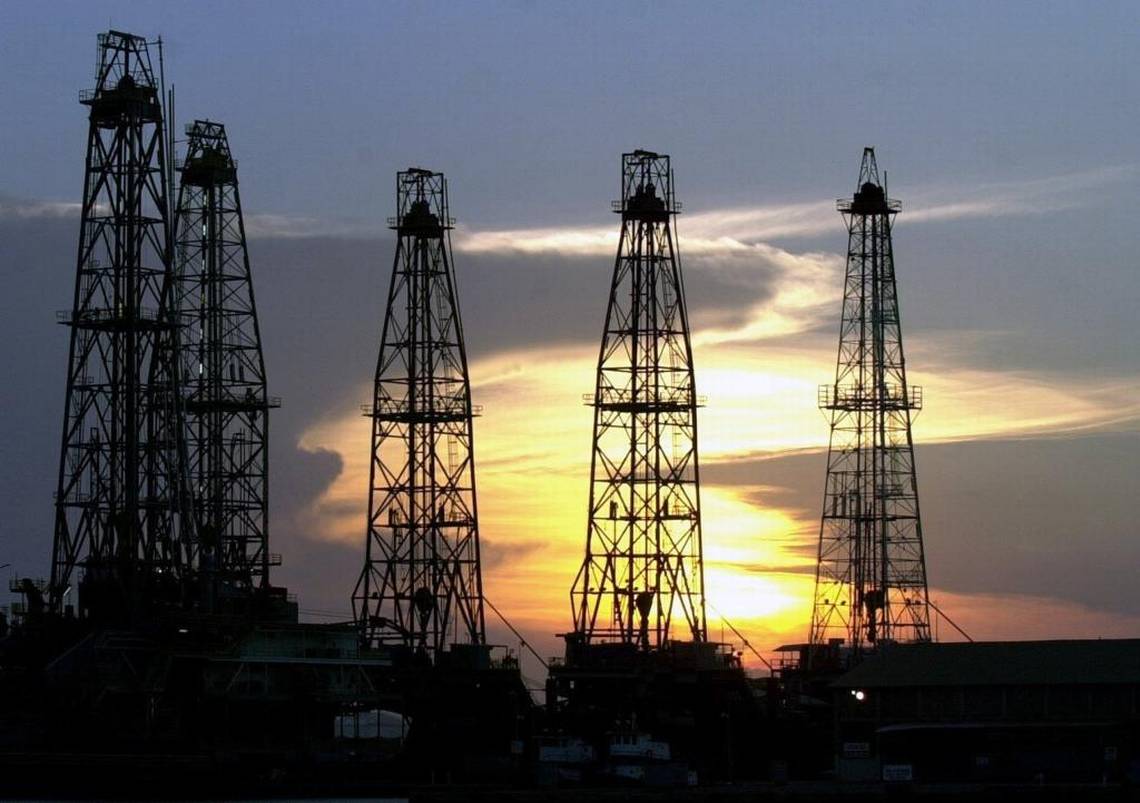Venezuela reachs $2 bn agreement with ConocoPhillips

ConocoPhillips said on Monday that it had reached a settlement with Venezuela’s state-owned oil firm PDVSA to recover the full $2-billion amount that an international court awarded it earlier this year for the expropriation of its oil assets in Venezuela a decade ago.
Venezuela’s crude production, a major source of revenue, has fallen to a six-decade low this year as lack of cash for investment, recession and hyperinflation pushed the OPEC-member country’s economy to near collapse. The agreement could restore at least some of its exports by resuming shipping from Caribbean terminals.
Conoco will suspend legal enforcement of the arbitration award as long as the payments continue, spokesman Daren Beaudo said. He declined to say if the payments would be made in cash or crude oil, adding details of the agreement are confidential.
PDVSA confirmed a settlement was reached, but did not immediately elaborate on the payment terms.
The agreement came ahead of court hearings scheduled for next month in Bonaire and Aruba that could have enabled Conoco to begin selling PDVSA assets on the islands where it had obtained court attachments.
Conoco in 2007 brought an international arbitration claim against Venezuela over the nationalization of two oil projects in the OPEC-member country and later asked the International Chamber of Commerce (ICC) to solve a dispute on the early termination of contracts with PDVSA.
The ICC ruled in favor of Conoco in April, but no payment was made by PDVSA in the following weeks, heating up the dispute. In May, Conoco moved to seize most of PDVSA’s Caribbean assets, knocking down the state-run company’s exports, especially to Asian destinations.
PDVSA agreed to make an initial payment of around $500 million within 90 days of signing the agreement. The remainder is to be paid quarterly over a period of 4-1/2 years, Conoco aid in a statement.
Under a new military-led management appointed late last year, PDVSA increasingly has struggled to produce, refine and export crude oil amid a severe lack of cash, also fueled by sanctions imposed last year by the U.S. government.
Previous payment agreements by the Venezuelan government and its state-run companies over dozens of arbitrations and legal claims related to late President Hugo Chavez’s nationalizations a decade ago, have mostly failed to fulfill the terms, ending in renegotiations and legal disputes.
Venezuela’s economy, almost completely dependent on oil exports, is in deep recession with hyperinflation and severe shortages of basic goods like medicine and food.
The massive currency devaluation effective on Monday adds to the confusion and makes Venezuela’s neighboring countries tighten further their border controls to tackle the mass exodus of immigrants who are fleeing from Venezuela’s crisis.
Over the weekend, Brazil deployed more police and troops to Pacaraima, a border town with Venezuela, where local residents attacked migrant camps.

